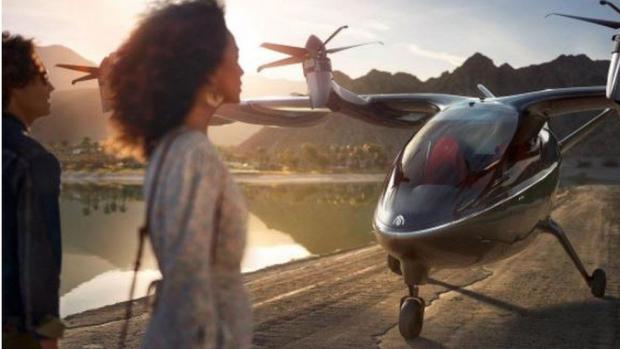
Breaking News
 Microsoft Hands Over Encryption Keys #fyp #technews #microsoft #computer #secure
Microsoft Hands Over Encryption Keys #fyp #technews #microsoft #computer #secure
 Windows Now Requires Age Verification? #fyp #technews #windows #microsoft #privacy
Windows Now Requires Age Verification? #fyp #technews #windows #microsoft #privacy
 Iran's new supreme leader is named as Ali Khamenei's son Mojtaba - Iranian TV network report
Iran's new supreme leader is named as Ali Khamenei's son Mojtaba - Iranian TV network report
 Bill Pervs Out Over Epstein Memories, Hillary Goes Berserk, And They Both Lied: Top Viral Moments...
Bill Pervs Out Over Epstein Memories, Hillary Goes Berserk, And They Both Lied: Top Viral Moments...
Top Tech News
 US particle accelerators turn nuclear waste into electricity, cut radioactive life by 99.7%
US particle accelerators turn nuclear waste into electricity, cut radioactive life by 99.7%
 Blast Them: A Rutgers Scientist Uses Lasers to Kill Weeds
Blast Them: A Rutgers Scientist Uses Lasers to Kill Weeds
 H100 GPUs that cost $40,000 new are now selling for around $6,000 on eBay, an 85% drop.
H100 GPUs that cost $40,000 new are now selling for around $6,000 on eBay, an 85% drop.
 We finally know exactly why spider silk is stronger than steel.
We finally know exactly why spider silk is stronger than steel.
 She ran out of options at 12. Then her own cells came back to save her.
She ran out of options at 12. Then her own cells came back to save her.
 A cardiovascular revolution is silently unfolding in cardiac intervention labs.
A cardiovascular revolution is silently unfolding in cardiac intervention labs.
 DARPA chooses two to develop insect-size robots for complex jobs like disaster relief...
DARPA chooses two to develop insect-size robots for complex jobs like disaster relief...
 Multimaterial 3D printer builds fully functional electric motor from scratch in hours
Multimaterial 3D printer builds fully functional electric motor from scratch in hours
 WindRunner: The largest cargo aircraft ever to be built, capable of carrying six Chinooks
WindRunner: The largest cargo aircraft ever to be built, capable of carrying six Chinooks
United Airlines Buys $1 Billion Of Flying Taxis For 2024 Launch

Archer, a leading Urban Air Mobility startup and developer of all-electric vertical take-off and landing (eVTOL) aircraft, has entered into a purchase and collaboration agreement with United Airlines for its battery-powered aircraft.
United placed a $1 billion order for Archer's eVTOL aircraft with an option for an additional $500 million of aircraft. United, along with Mesa Airlines, are preparing to transport customers with Archer's eVTOL zero-emission aircraft by 2024.
United CEO Scott Kirby embraces the new aircraft as a way to "decarbonize air travel."
"By working with Archer, United shows the aviation industry that now is the time to embrace a cleaner, more efficient modes of transportation. With the right technology, we can curb the impact aircraft have on the planet, but we have to identify the next generation of companies who will make this a reality early and find ways to help them get off the ground," Kirby said.
He added, "Archer's eVTOL design, manufacturing model and engineering expertise has the clear potential to change how people commute within major metropolitan cities all over the world."
Archer is scheduled to unveil the eVTOL aircraft this year as it's slated for series production in 2023.
Looking ahead, the eVTOL aircraft could fly customers between Hollywood and Los Angeles International Airport, significantly reducing CO2 emissions by up to 50% per passenger.

 RNA Crop Spray: Should We Be Worried?
RNA Crop Spray: Should We Be Worried?

